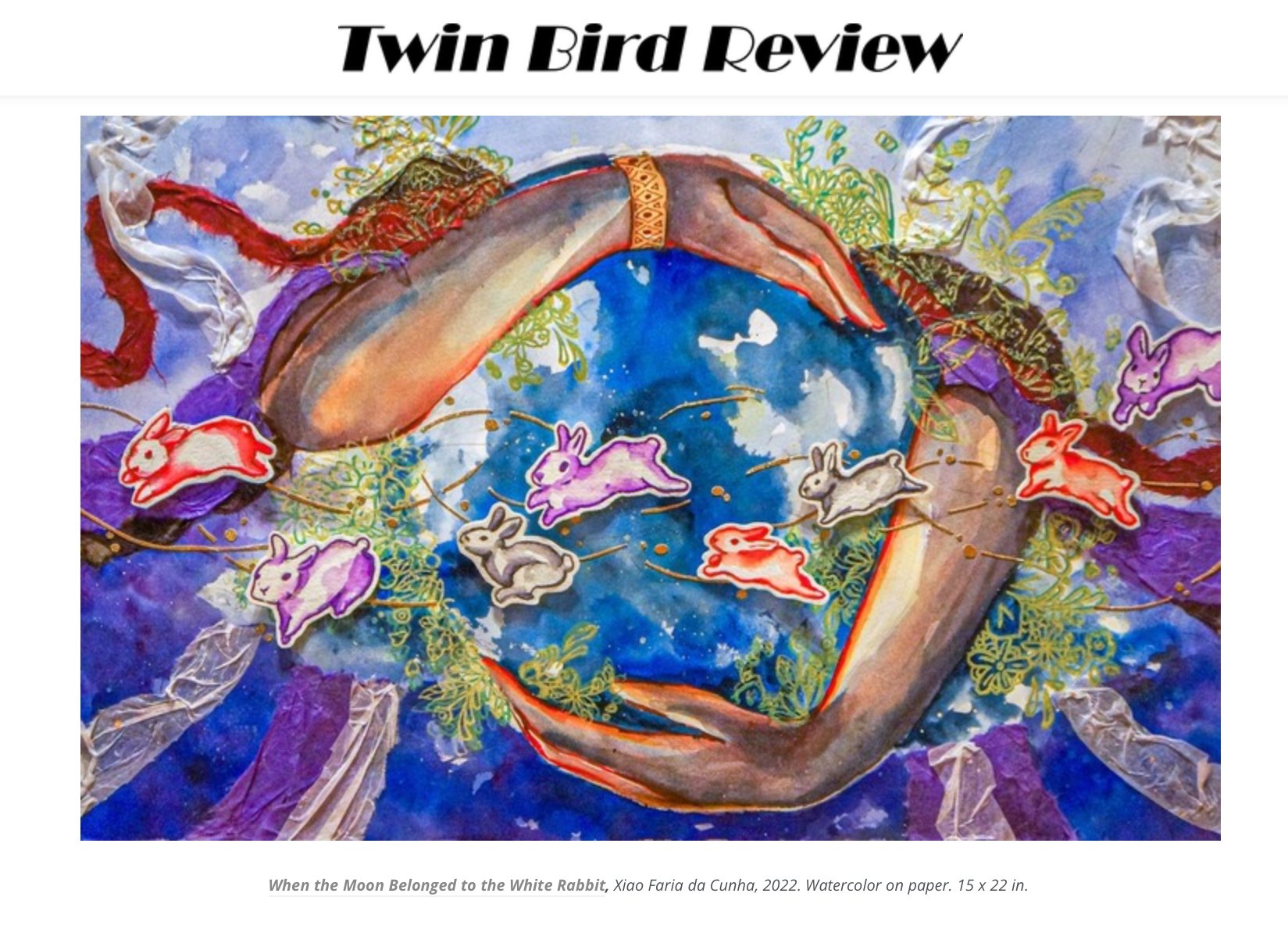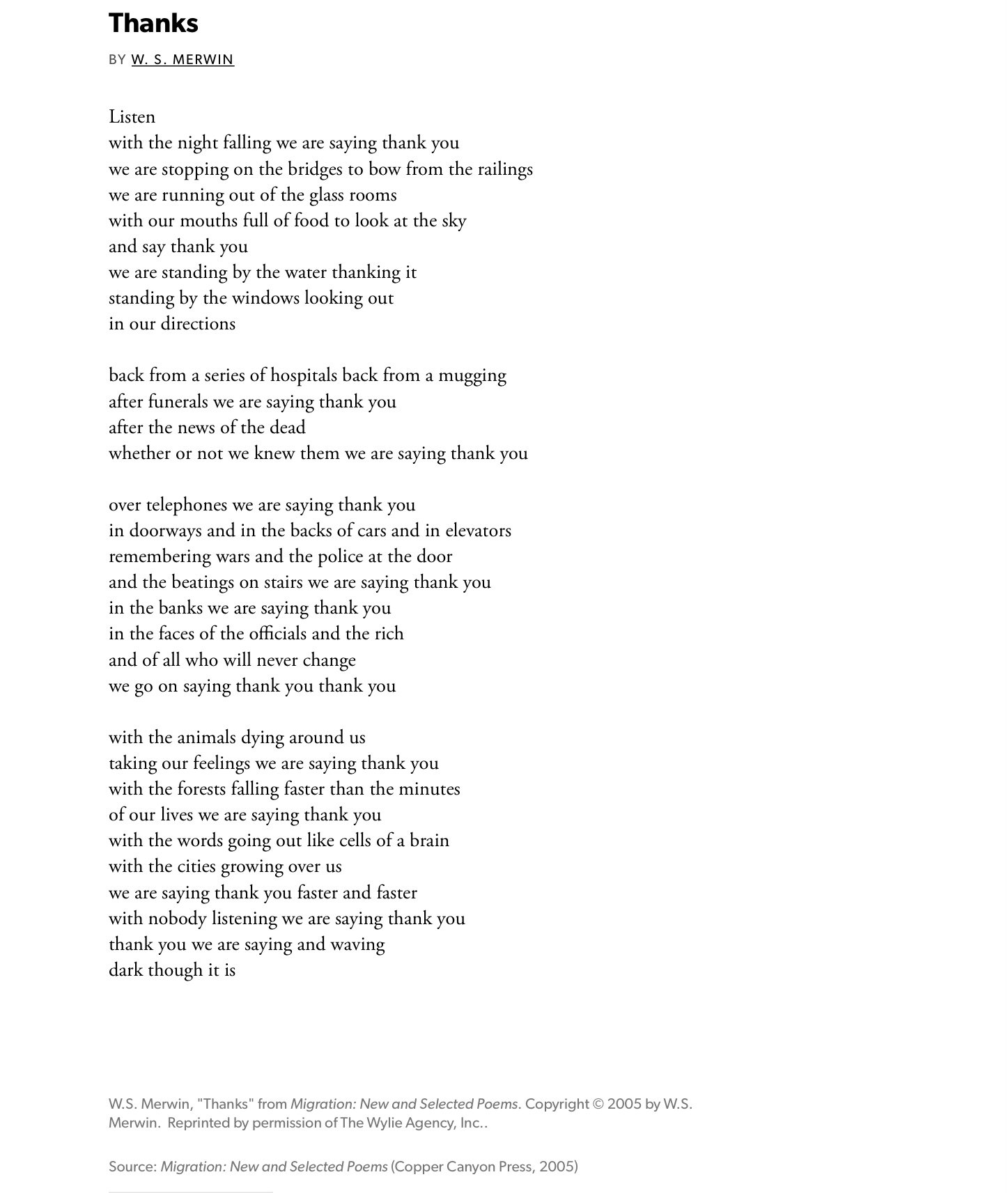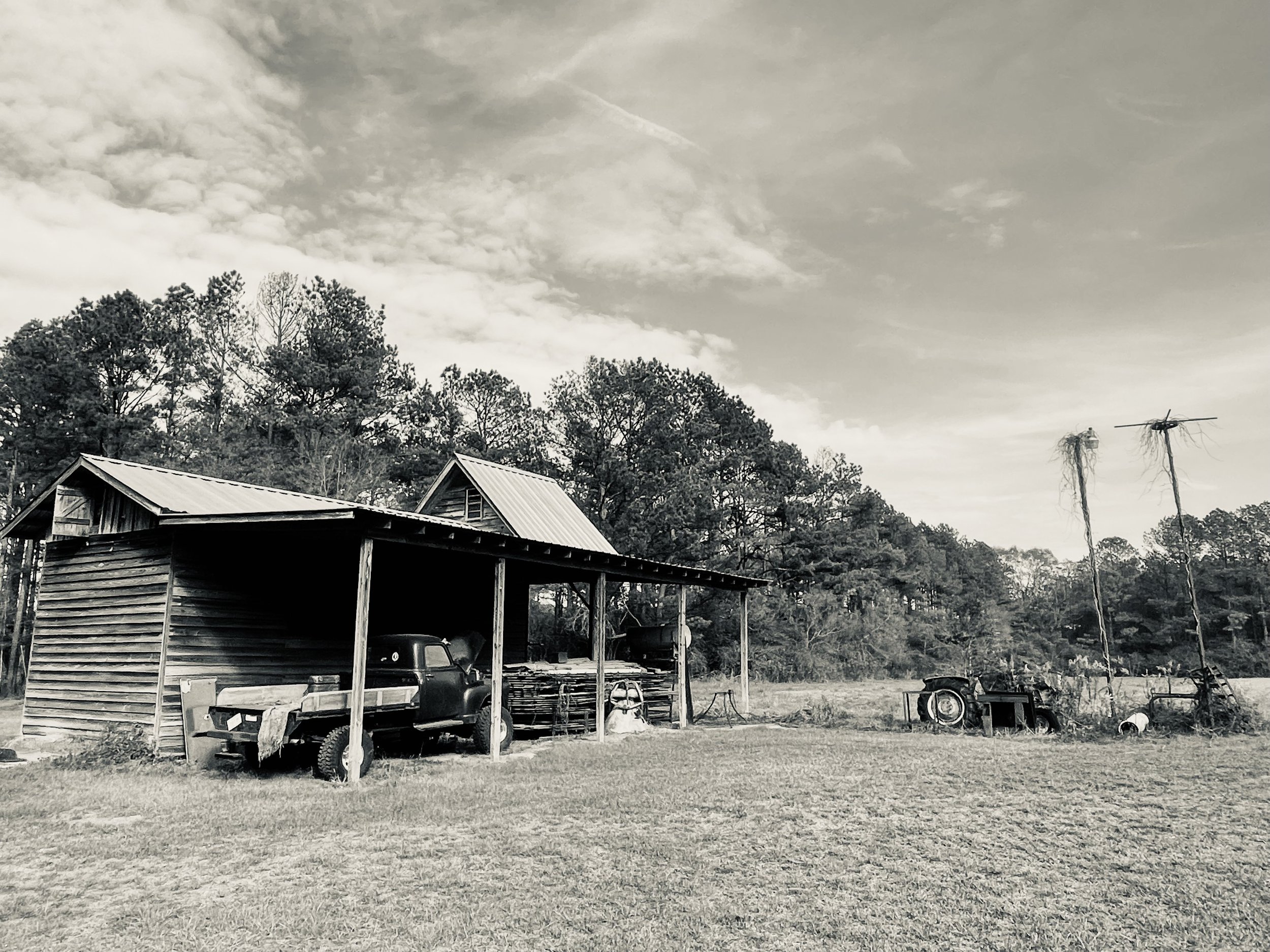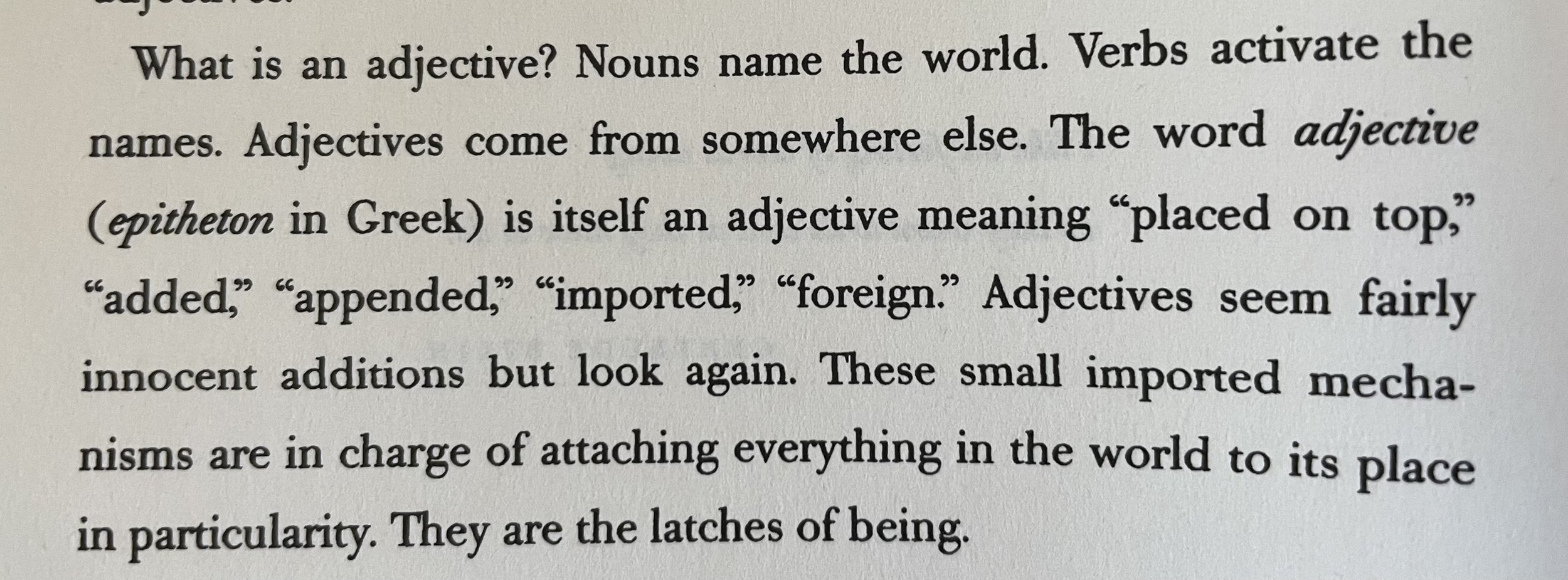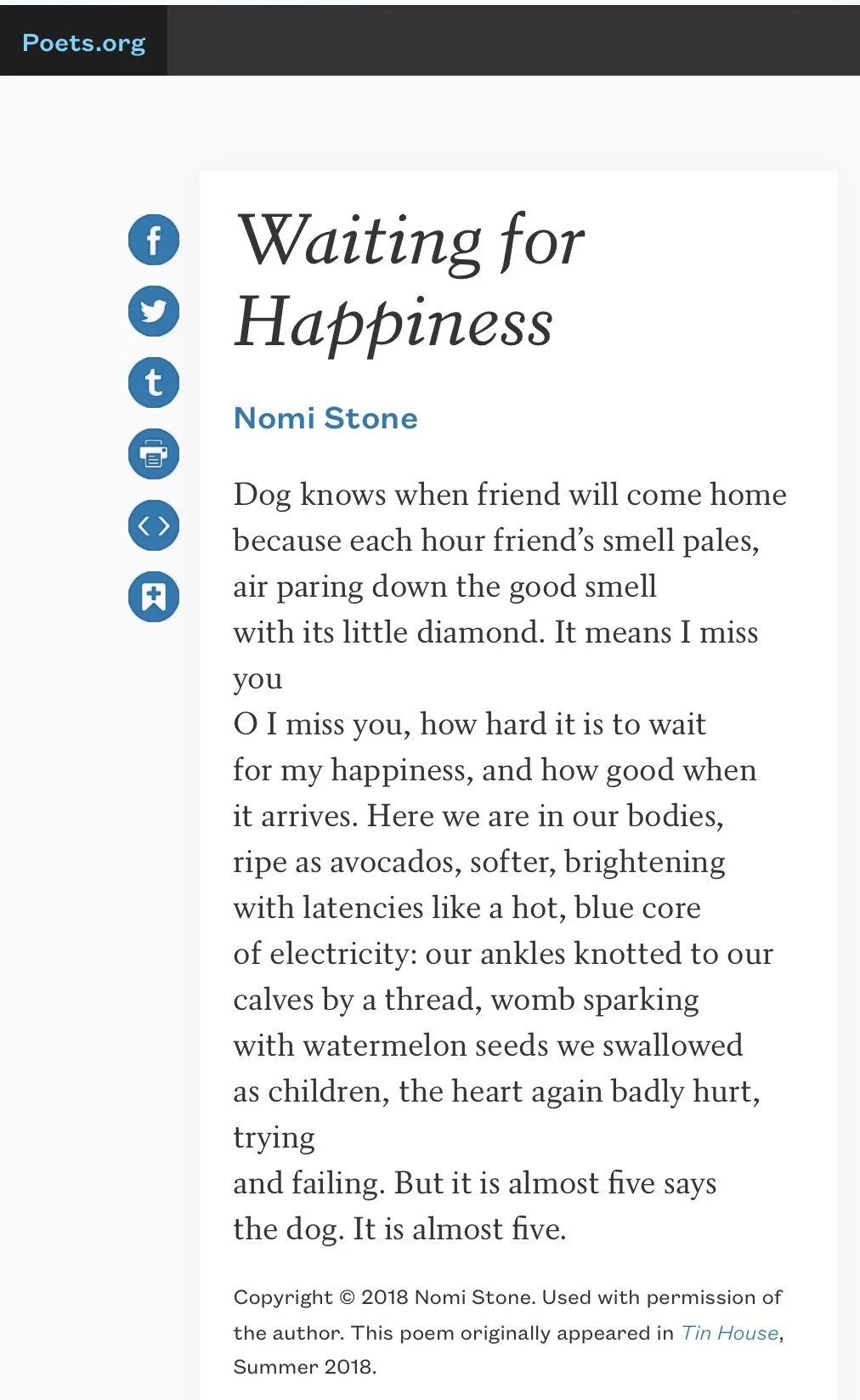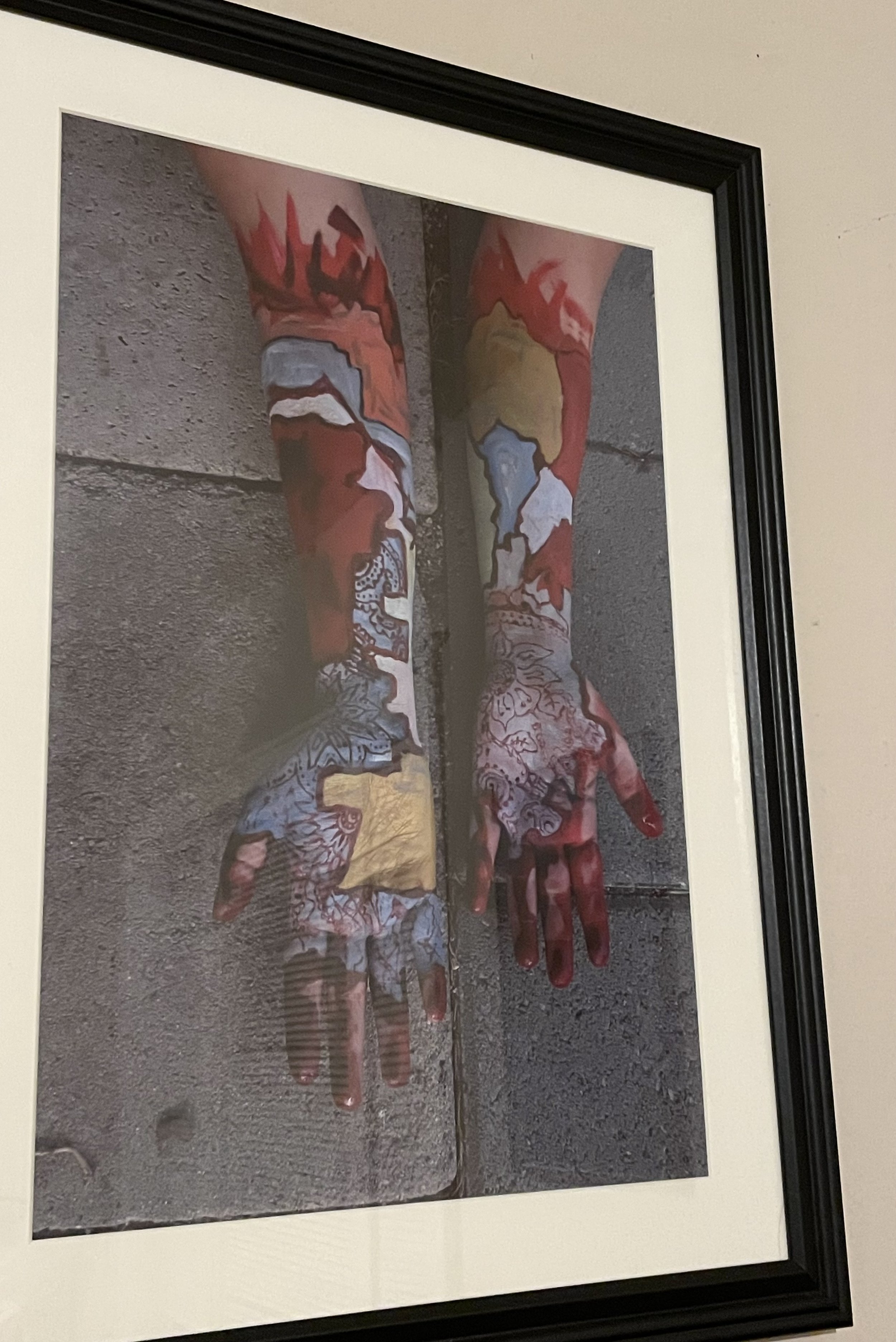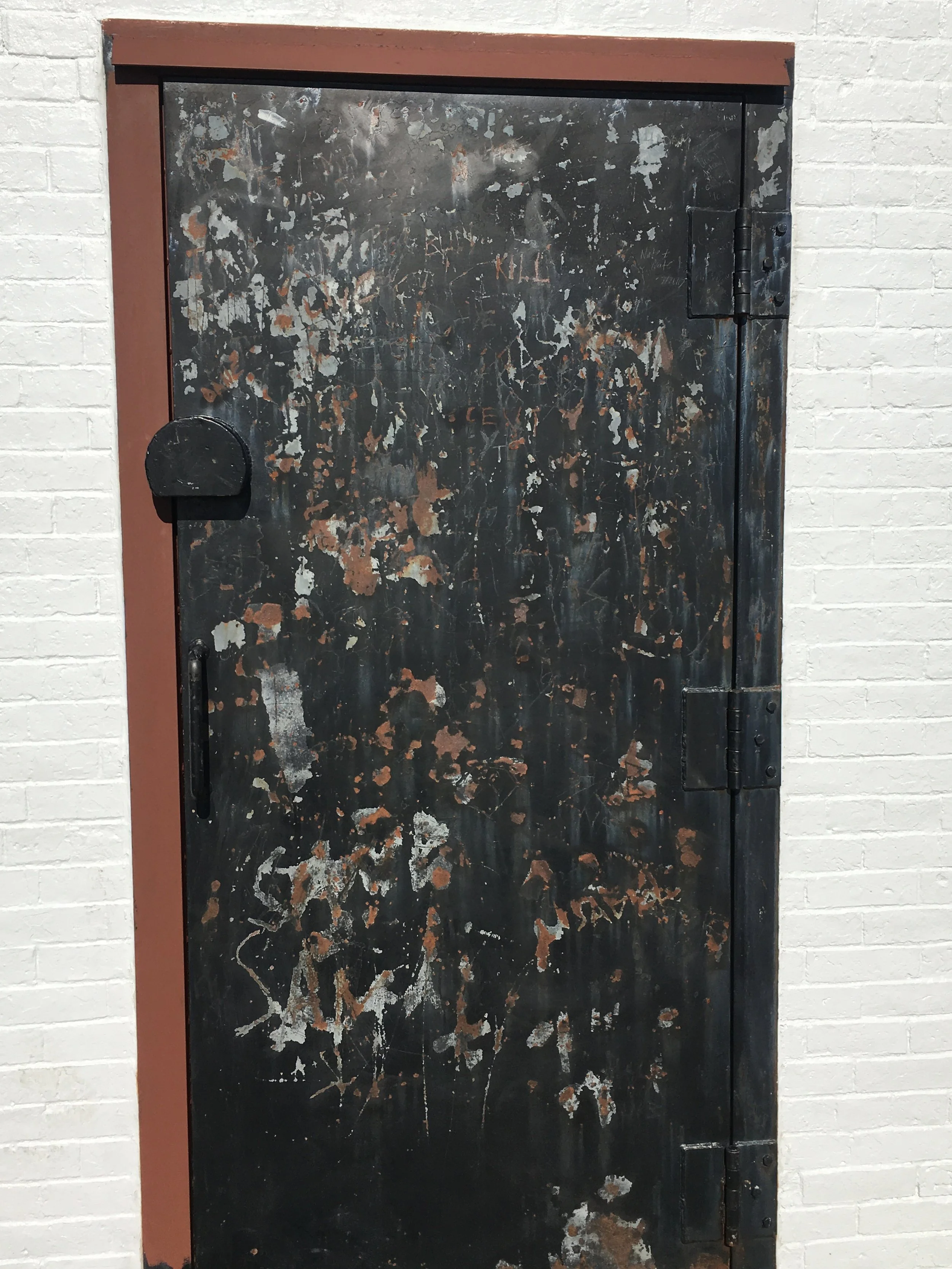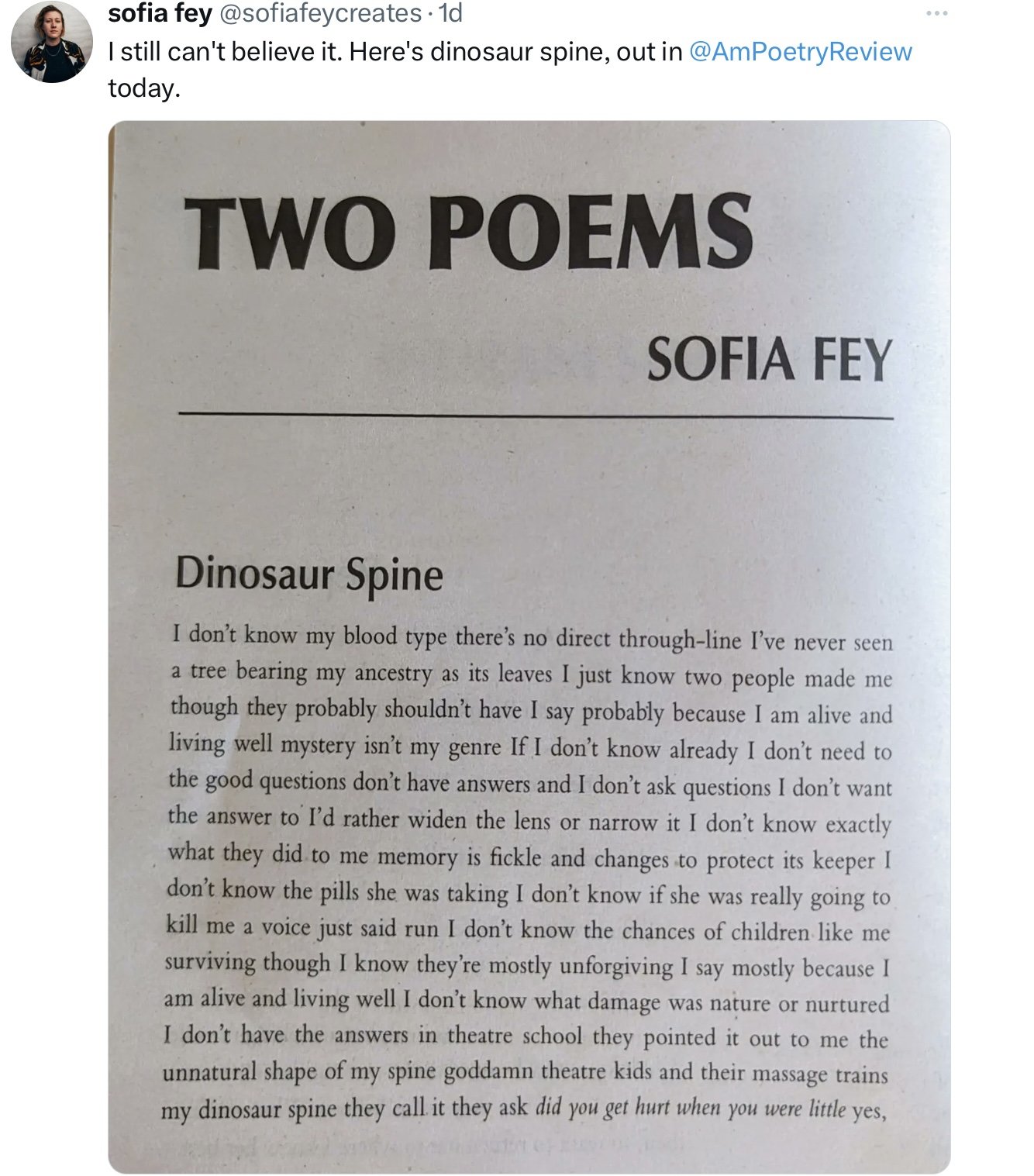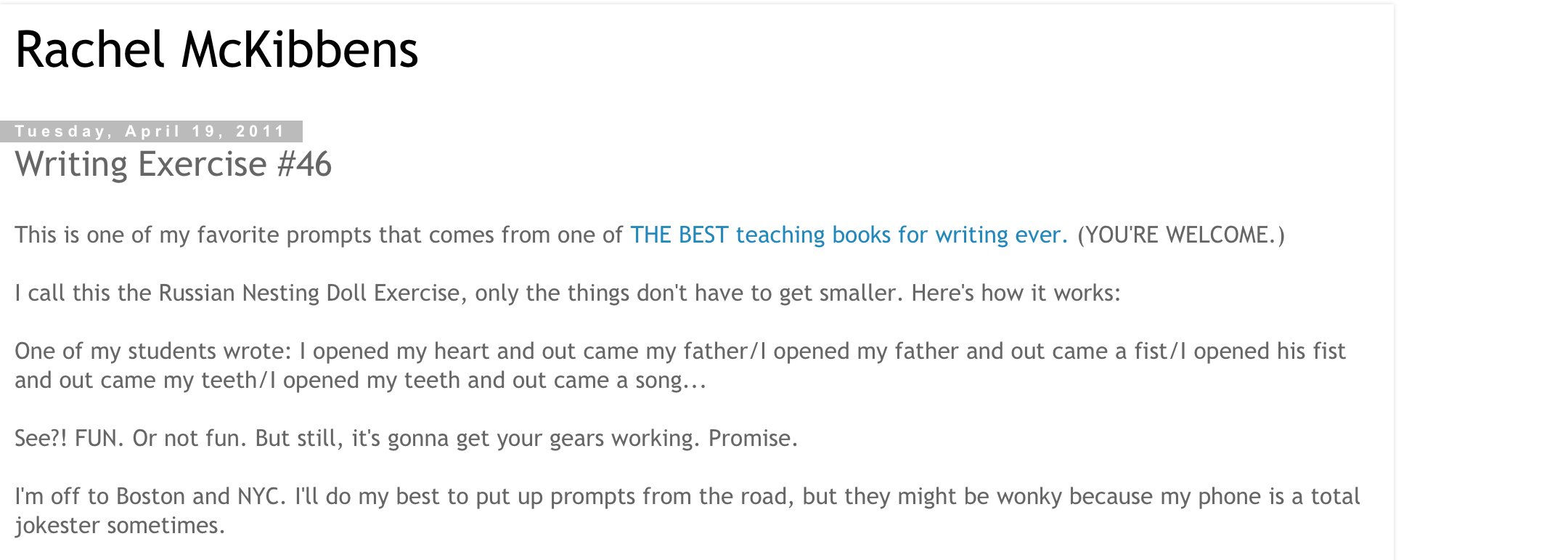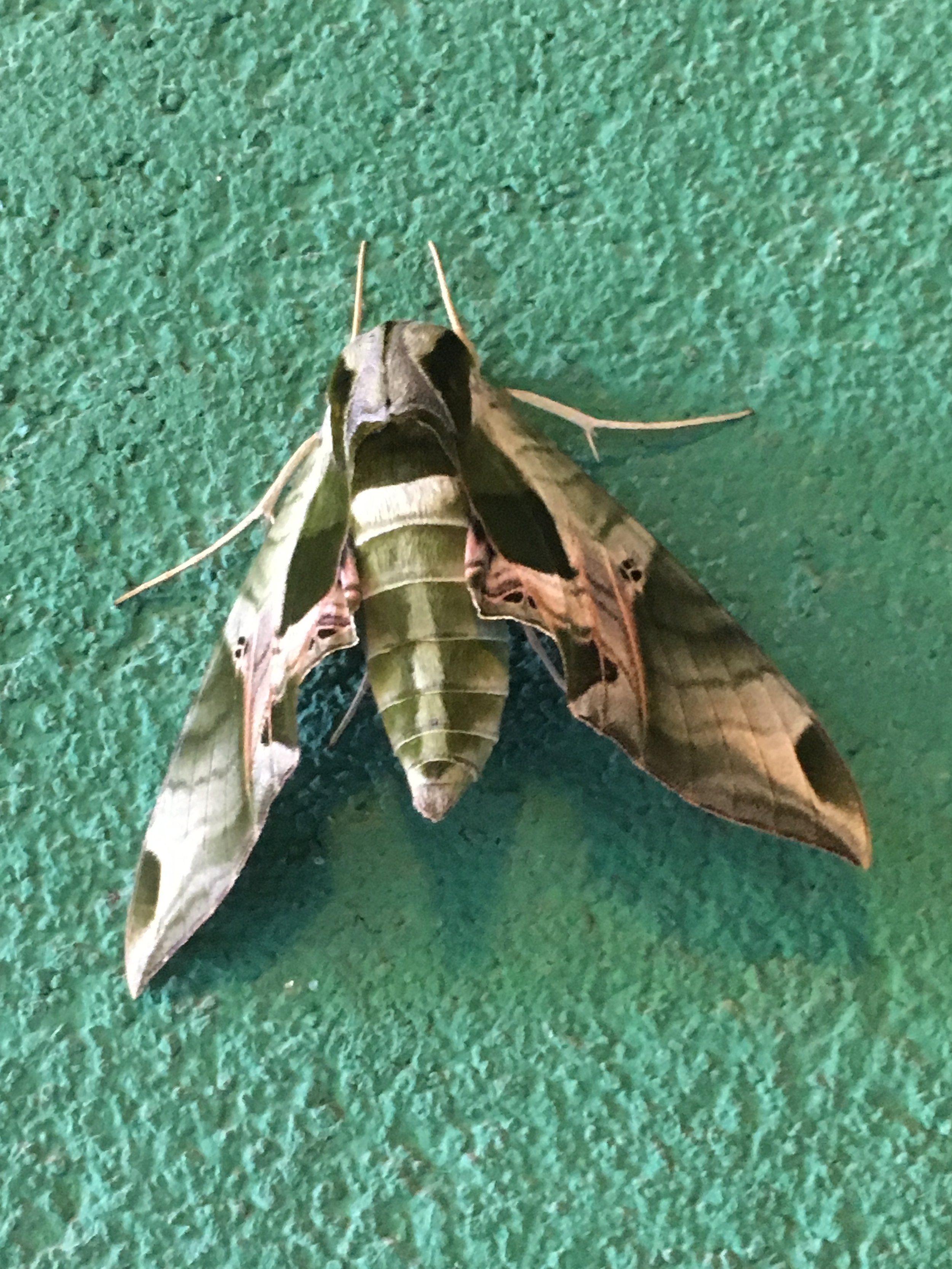I am so grateful to have a poem published in the latest issue of Twin Bird Review: the editor-in-chief, Amanda K. Horn was wonderful to work with and so encouraging, and the artwork chosen to accompany my piece beautiful. I hope to find more art by Xiao Faria da Cunha. If you have time, check out my poem “Why I Remain a Desperate Party Clown,” inspired by Taylor Mali’s Metaphor Dice prompt.
I enjoyed the poems chosen, particularly the three poems by Sirianna Helleloid. I hope you can check them out and the whole issue. Let me know which poems and stories are your favorite (I haven’t finished reading the fiction or the essay yet).
Have a great night!

